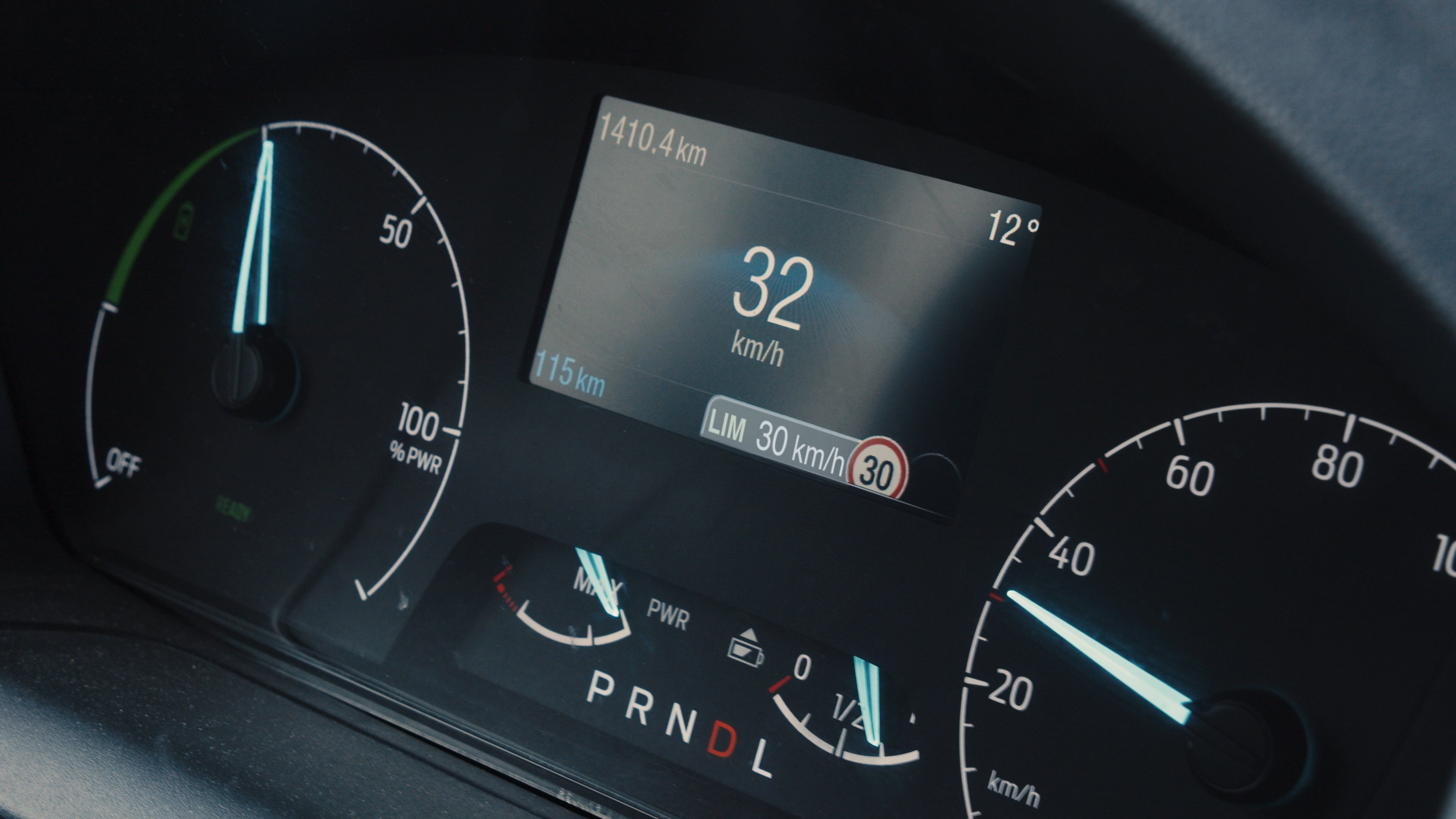Ford trials geofencing tech to automatically control vehicle speed
The technology would automatically slow down internet-connected vehicles when they enter designated areas, ending the need for speed limit signs.

Your support helps us to tell the story
From reproductive rights to climate change to Big Tech, The Independent is on the ground when the story is developing. Whether it's investigating the financials of Elon Musk's pro-Trump PAC or producing our latest documentary, 'The A Word', which shines a light on the American women fighting for reproductive rights, we know how important it is to parse out the facts from the messaging.
At such a critical moment in US history, we need reporters on the ground. Your donation allows us to keep sending journalists to speak to both sides of the story.
The Independent is trusted by Americans across the entire political spectrum. And unlike many other quality news outlets, we choose not to lock Americans out of our reporting and analysis with paywalls. We believe quality journalism should be available to everyone, paid for by those who can afford it.
Your support makes all the difference.Car-maker Ford is trialling technology that could end the need for speed limit signs and help drivers avoid inadvertently incurring speeding fines by automatically slowing down vehicles when they enter designated areas.
The scheme is built on geofencing – a type of virtual geographical boundary, where special rules can be set around specific locations.
Ford is using the technology to set speed limits that internet-connected vehicles automatically adhere to when they enter any of the areas in question.
The speed limit information is set to the vehicle’s dashboard display so the driver is aware of the change and can be manually overridden if needed, the company said.
The car giant is currently testing the technology in Cologne, Germany, and says it could reduce the need for speed limit signs and improve the appearance of the roadside by decluttering them while helping drivers avoid picking up speeding fines.
Ford said its trial will run for a year using its all-electric E-Transit van.
Michael Huynh, Ford of Europe’s manager for city engagement in Germany, said: “Connected vehicle technology has the proven potential to help make everyday driving easier and safer to benefit everyone, not just the person behind the wheel.
“Geofencing can ensure speeds are reduced where – and even when – necessary to help improve safety and create a more pleasant environment.”
Ford said that, in the future, the system could also be used dynamically, with speed limits set and altered depending on local hazards, roadworks, or to deal with traffic at different times of day.